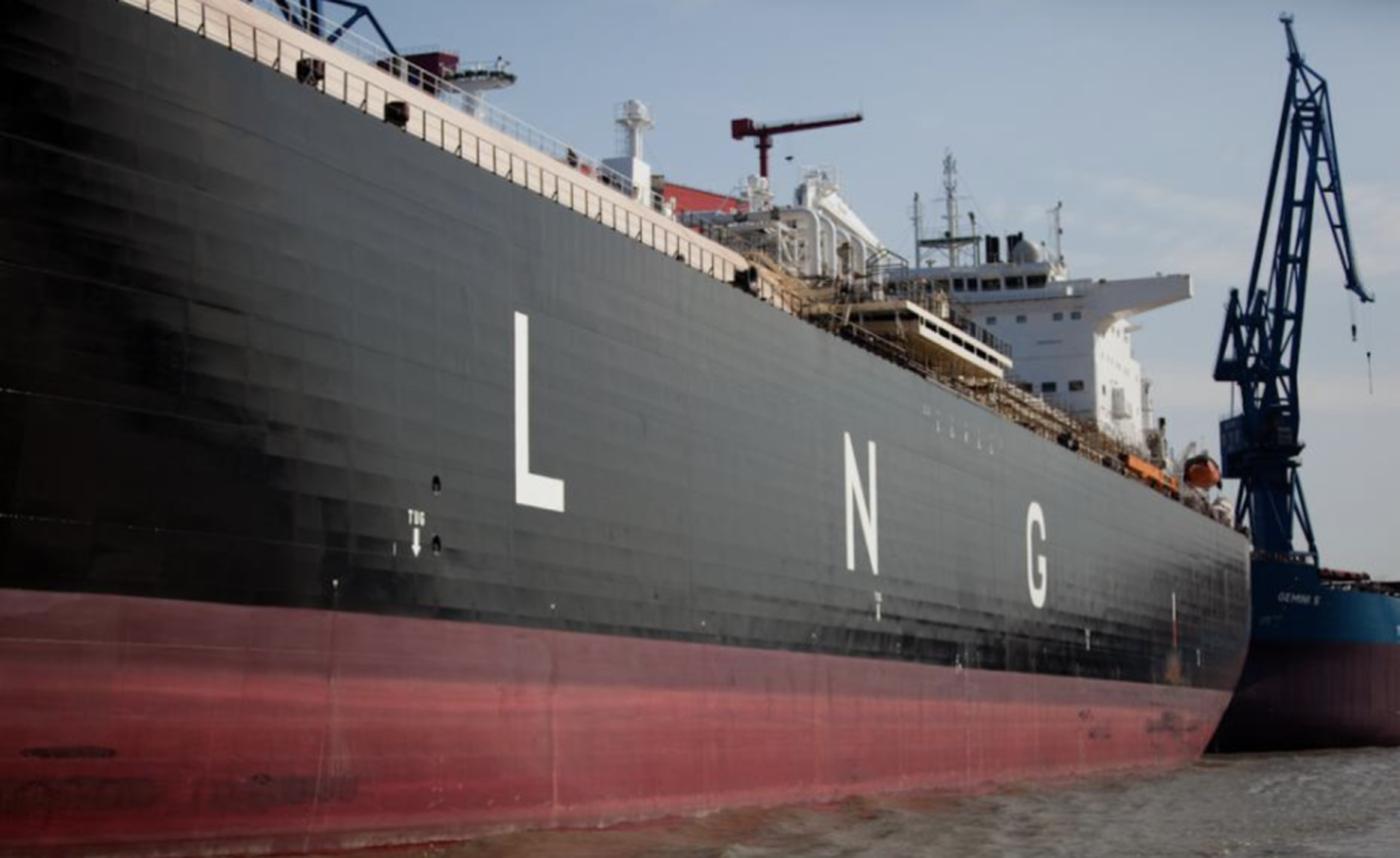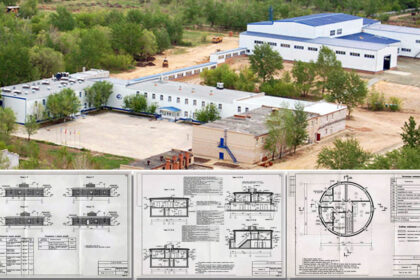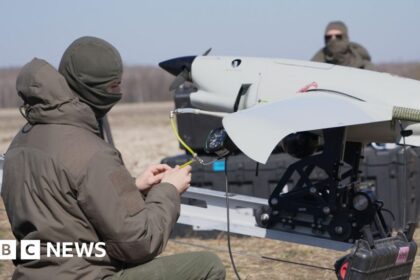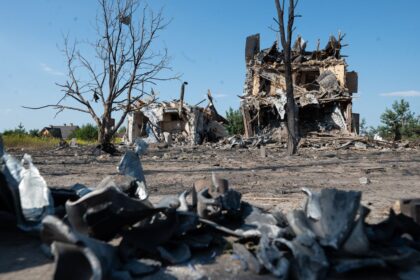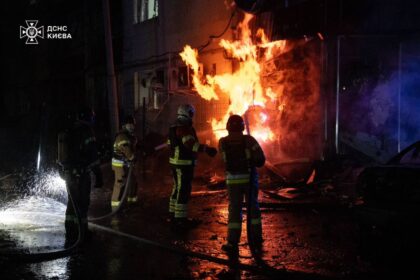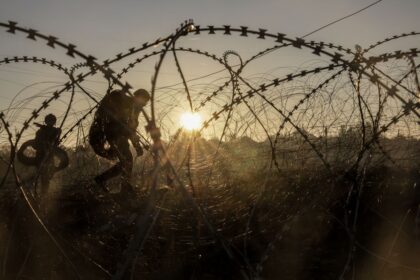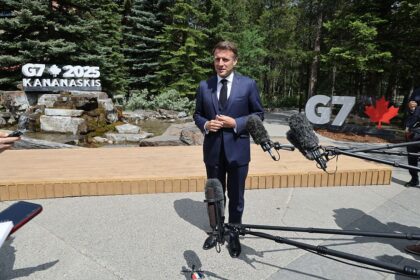**EU’s 17th Sanctions Package Still Funds Putin’s War Machine**
Just last week, Ukraine was hit by a devastating Russian missile attack that killed a mother and her son in Kyiv. This tragic event is a harsh reminder of the human cost of Russia’s ongoing war against our country. Despite talk of a ceasefire, Russian forces continue to launch attacks on Ukrainian cities, leaving destruction and loss of life in their wake.
The EU has recently adopted its 17th sanctions package against Russia, but despite these efforts, the Kremlin continues to fund its war machine through fossil fuel exports. In fact, since the start of the full-scale invasion, Russia has earned over €875 billion from fossil fuel exports, with EU countries responsible for more than €209 billion of this total.
This hypocrisy is starkly evident when we consider that many European countries have spent more on Russian liquefied natural gas (LNG) than they have contributed in aid to Ukraine. The fact that the EU pays Russia more for fossil fuels than it gives Ukraine in aid is a shameful reflection of Europe’s ongoing complicity in our suffering.
Sanctions work, but only when they are comprehensive and enforced effectively. Unfortunately, the latest EU sanctions plan includes only around 200 shadow fleet tankers, leaving hundreds of Russian vessels operating freely. This gaping loophole is a gift to Putin, allowing him to continue funding his war machine through energy exports.
However, this is not just a plea for stronger sanctions. It’s a call to action, backed by a roadmap. A recent report from Razom We Stand shows that the tools to cut energy ties with Russia already exist. European countries have begun scaling up renewables, increasing energy efficiency, and electrifying industry and heating.
In 2024, renewables made up nearly 47% of the EU’s electricity supply, with solar power surpassing coal for the first time. Belgium recorded its lowest gas demand in 15 years, France cut gas use by 5.5% in a single year, and Spain’s demand from gas-fired power plants is falling.
What’s missing? Political courage. If Europe treated sanctions enforcement and clean energy as part of the same strategy—one rooted in peace, security, and resilience—it could shut the door on Russian gas entirely. Instead, we see a pattern of half-measures: symbolic gestures that are great for EU headlines but with gaping exceptions that allow the Kremlin to keep funding its war chest through energy exports.
The argument that Russian LNG is “essential” no longer holds. The transition is underway—and it needs acceleration, not delay. Our report identifies three priority areas:
· Ramping up energy efficiency in all sectors
· Switching from fossil-based heating to electrified alternatives
· Using dynamic electricity pricing to reduce peak-time gas reliance
All three are proven, scalable, and already delivering results in EU states.
The EU promised to cut Russian gas. Now it’s delaying until 2027. Sanctions are not a symbolic tool. They are one of the few peaceful levers we have to weaken an attacker without sending troops. But they only work when we close the loopholes. When we blacklist every ship, not just a fraction. When we stop pretending that Russian LNG is somehow “cleaner” than Russian oil.
If the EU truly stands with Ukraine, it must stop funding the bombs that kill our people daily by continuing with its addiction to Russian fossil fuels.
**Read More** @ euromaidanpress.com




